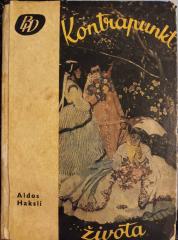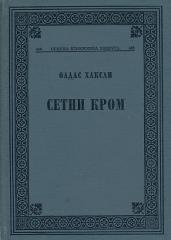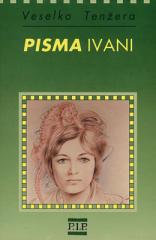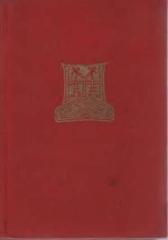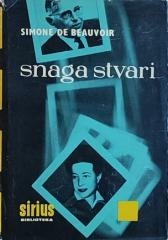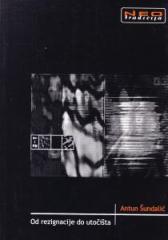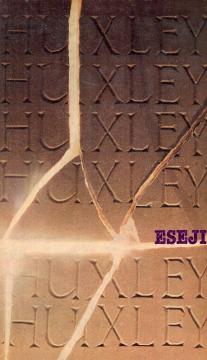
Eseji: Vrata percepcije / Pakao i raj / Ludost, pakost, žalost / Najčudnija znanost
"Essays" by Aldous Huxley is a collection of four key texts that reveal the depth of Huxley's thinking on consciousness, art, science, and literature.
The first essay, "The Doors of Perception" (1954), describes Huxley's psychoactive experience with mescaline. The author reveals how the drug breaks down the mind's filters, opening "doors of perception" to a metaphysical reality, where everyday objects take on a transcendent depth. Huxley connects this to mystical traditions and art, criticizing the materialistic understanding of the mind.
The sequel, "Hell and Heaven" (1956), explores extreme visions of the mind: paradisiacal hallucinations and hellish nightmares in the history of religion, art, and drug-induced states. Huxley analyzes how artists such as Blake and Van Gogh achieve such states, warning of the dangers and potential of expanded consciousness.
In "Madness, Malice, Sorrow," Huxley discusses pathological aspects of the human psyche—madness as an escape from reality, malice as a destructive force, and sorrow as existential pain. The essays call for compassion and understanding of these states through philosophy and literature.
"The Strangest Science" deals with the limits of empirical science, exploring parapsychology, mysticism and unconventional phenomena as a "strange" branch of knowledge that transcends materialism.
The final text, "Scientific Typology in Huxley's Novels of Ideas" (author Matej Mužina), critically analyzes Huxley's works such as "The Wonderful New World" and "The Island", classifying them according to scientific paradigms and ideational structures, emphasizing predictions about technology and society.
One copy is available
- The cover is missing
